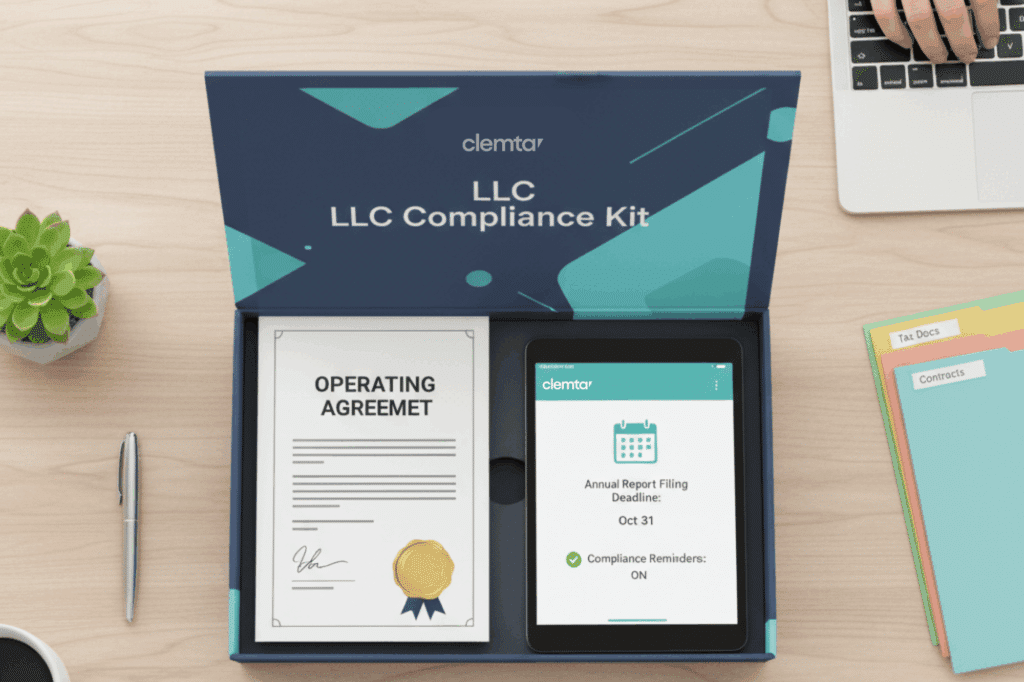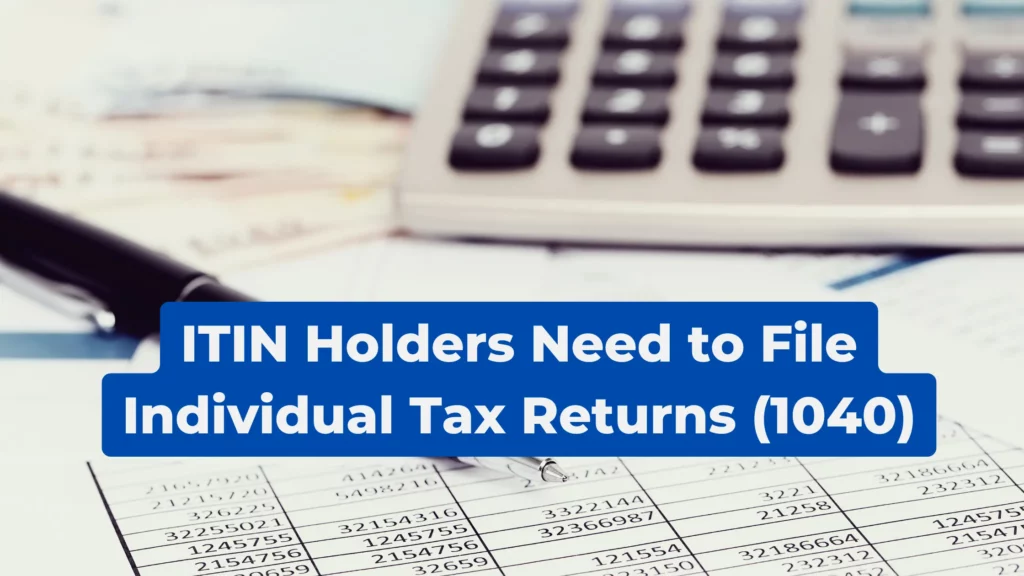Starting a business in the United States as a non-resident offers numerous opportunities, but it also requires navigating a complex landscape of regulations. Ensuring compliance with these regulations is crucial for the success and sustainability of your business. This guide will provide an overview of key compliance areas and offer practical tips to help you stay on the right side of the law.
Understanding US Business Regulations
Before diving into specifics, it’s essential to understand the broader regulatory environment in the US. Business regulations can be divided into federal, state, and local levels, each with its own set of rules and requirements. Key areas of compliance include:
- Business Structure: Choosing the right business structure, such as an LLC or corporation, and understanding the legal implications of each.
- Taxation: Complying with federal, state, and local tax laws, including income tax, sales tax, and employment taxes.
- Employment Laws: Adhering to regulations related to hiring, payroll, and workplace safety.
- Licensing and Permits: Obtaining the necessary licenses and permits to operate legally.
- Intellectual Property: Protecting your business’s intellectual property rights.
To understand these complex regulations better and gain personalized insights, consider visiting Clemta for expert guidance tailored to your business needs.
Business Structuring
Choosing the right legal structure is the first step toward compliance. Non-residents often opt for one of the following structures:
- Limited Liability Company (LLC): Offers personal liability protection and pass-through taxation.
- Corporation (C-Corp or S-Corp): Provides limited liability protection but is subject to different tax implications.
Make sure to register your business at the state level, obtain an Employer Identification Number (EIN) from the IRS, and comply with ongoing filing requirements such as annual reports. These steps ensure that your business is legally recognized and properly organized.
Choosing Between LLC and Corporation
- LLCs are flexible and have fewer formalities, making them ideal for smaller businesses or those looking for more straightforward management.
- Corporations, on the other hand, are often favored by larger businesses that plan to raise capital through investors.
Whether you’re leaning towards an LLC or a corporation, consulting with a business advisor can help identify the most suitable option for your circumstances.
Tax Compliance
Navigating the US tax system can be challenging, particularly for non-residents. Here’s what you need to know:
- Income Tax: Your business must file annual tax returns at both the federal and state levels. Understand deductions and credits applicable to your business.
- Sales Tax: If you sell goods or services, you may need to collect sales tax in states where you have nexus. Stay updated with each state’s sales tax regulations.
- Employment Taxes: If you hire employees, you must withhold and pay Social Security, Medicare, and unemployment taxes.
Ensure you keep detailed records of all transactions, as accurate bookkeeping is essential for compliance and tax filing. Using accounting software can simplify the process and reduce the risk of errors.
Understanding Tax Nexus
A significant challenge is determining your company’s “nexus” — the connection that obligates a business to collect sales tax in a state. Factors like physical presence, employee locations, or significant sales can establish nexus. Consulting with a tax professional can help clarify your specific obligations.
Employment Laws
If your business has employees, compliance with labor laws is vital. Key areas include:
- Wage and Hour Laws: Adhering to minimum wage and overtime pay regulations.
- Workplace Safety: Complying with Occupational Safety and Health Administration (OSHA) standards.
- Anti-Discrimination Laws: Ensuring fair treatment of employees regardless of race, gender, or other protected characteristics.
Implementing thorough HR policies and procedures can help prevent legal issues related to employment. Regular training and policy reviews can also promote a healthy workplace environment.
Implementing HR Best Practices
Creating a comprehensive employee handbook and conducting regular training sessions can also aid compliance, fostering a respectful and inclusive workplace culture.
Licensing and Permits
Depending on your industry and location, you may need specific licenses and permits. This could include:
- State and Local Business Licenses: Required for operating legally within a jurisdiction.
- Industry-Specific Permits: Such as health department permits for food-related businesses or professional licenses for certain professions.
Check with state and local government websites to identify necessary licenses and permits. Failure to secure the right permits can result in fines, so staying informed is crucial.
Renewing Licenses and Permits
Keep a calendar of renewal dates and requirements for your business licenses and permits to avoid lapses in compliance. Regularly updating this information ensures that your operations remain uninterrupted.
Intellectual Property Protection
Protecting your intellectual property (IP) is crucial for safeguarding your business’s assets. Consider:
- Trademarks: Registering trademarks to protect brand names and logos.
- Patents: Securing patents for unique inventions or processes.
- Copyrights: Ensuring creative works are legally protected.
Consult with an IP attorney to develop a strategy for protecting your business’s intellectual property. Taking early action can prevent potential disputes or infringements.
Building an IP Strategy
Your IP strategy should align with your business goals, ensuring that your creative and innovative assets are legally protected and leveraged effectively in the market.
Tips for Staying Compliant
- Stay Informed: Subscribe to legal and industry newsletters to keep abreast of regulatory changes.
- Consult Professionals: Work with accountants, attorneys, and compliance experts familiar with US regulations.
- Implement Internal Controls: Develop internal policies and procedures to ensure consistent compliance practices.
- Regular Audits: Conduct regular audits of your compliance and financial records to identify and rectify potential issues early.
Leveraging professional services, like those offered at Clemta, can provide ongoing support and ensure your strategies remain effective and up-to-date.
Conclusion
Staying compliant with US business regulations is a continuous process that requires diligence and proactive management. By understanding the regulatory environment and implementing robust compliance measures, you can focus on growing your business while minimizing legal risks. Remember, when in doubt, consult professionals who specialize in US business regulations to guide you in the right direction.
For more detailed guidance and resources, consider reaching out to the experts at Clemta who can provide tailored solutions for your business needs.







